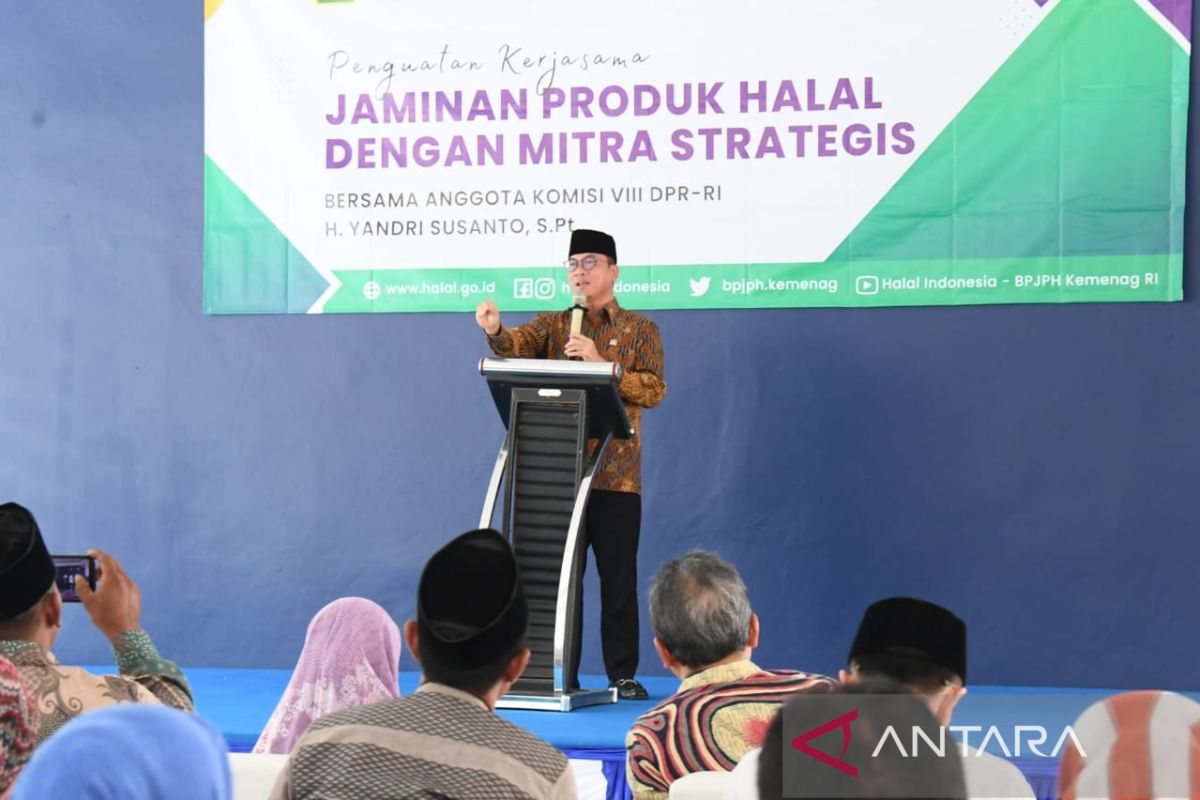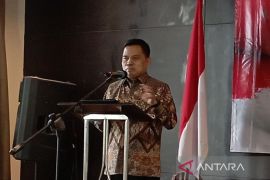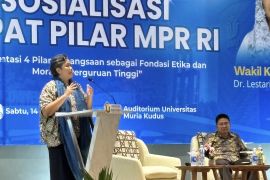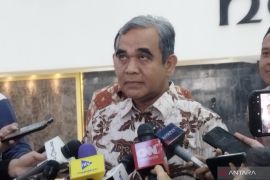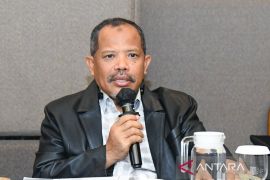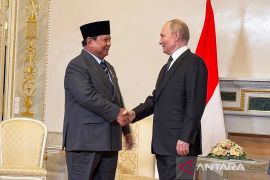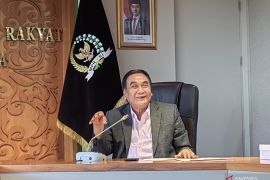We are striving to make Indonesia as the world's largest center for halal food products.Jakarta (ANTARA) - Deputy Speaker of the Indonesian People's Consultative Assembly (MPR RI) Yandri Susanto has appealed to micro and small enterprises (MSEs) to maintain their halal commitment and responsibility in accordance with their certification.
"Getting a halal certificate for MSEs is quite easy. The difficult one is (maintaining) the commitment and responsibility for (complying with) the halal certificate," he said in a statement released on Saturday.
He emphasized that MSEs that have received halal certificates must not use non-halal ingredients nor harmful substances.
"If the foods use (toxic) ingredients, such as clothing dyes, borax, and formalin, it means they are not halal," he said.
He further said the self-declaration for the issuance of free halal certification must be vouched for by the MSEs themselves.
"Through the self-declaration scheme, MSE actors themselves declare that their products are halal or not. This means that UMK actors must be responsible for their statements throughout their life and the afterlife," he remarked.
According to the Religious Affairs Ministry’s website, MSE players can apply for halal certification through the self-declaration scheme, meaning they themselves guarantee that their products are halal.
Still, they are required to provide their business identification numbers (NIB) as well as halal certificates for the ingredients they use while registering on the Halal Information System (SIHALAL).
Their application will be verified by Halal Product Processing (PPH) officers and Halal Product Assurance Agency (BPJPH). The BPJPH opened Free Halal Certification (SEHATI) registration for one million SMEs in 2023.
Susanto, who is also a member of Commission VIII of the Indonesian House of Representatives (DPR RI), told MSE players that the government will make the halal certificate mandatory, starting October 17, 2024.
"As the largest Muslim country (in the world), Indonesia's (Global Islamic Economy indicator on) halal food products is ranked second in the world. Currently, Indonesia is only behind Malaysia. We are striving to make Indonesia the world's largest center for halal food products," he added.
Related news: Indonesia mulls religious cooperation with Algeria
Related news: BPJPH readies six measures to meet halal certification target
Translator: Putu Savitri, Uyu Liman
Editor: Rahmad Nasution
Copyright © ANTARA 2023
